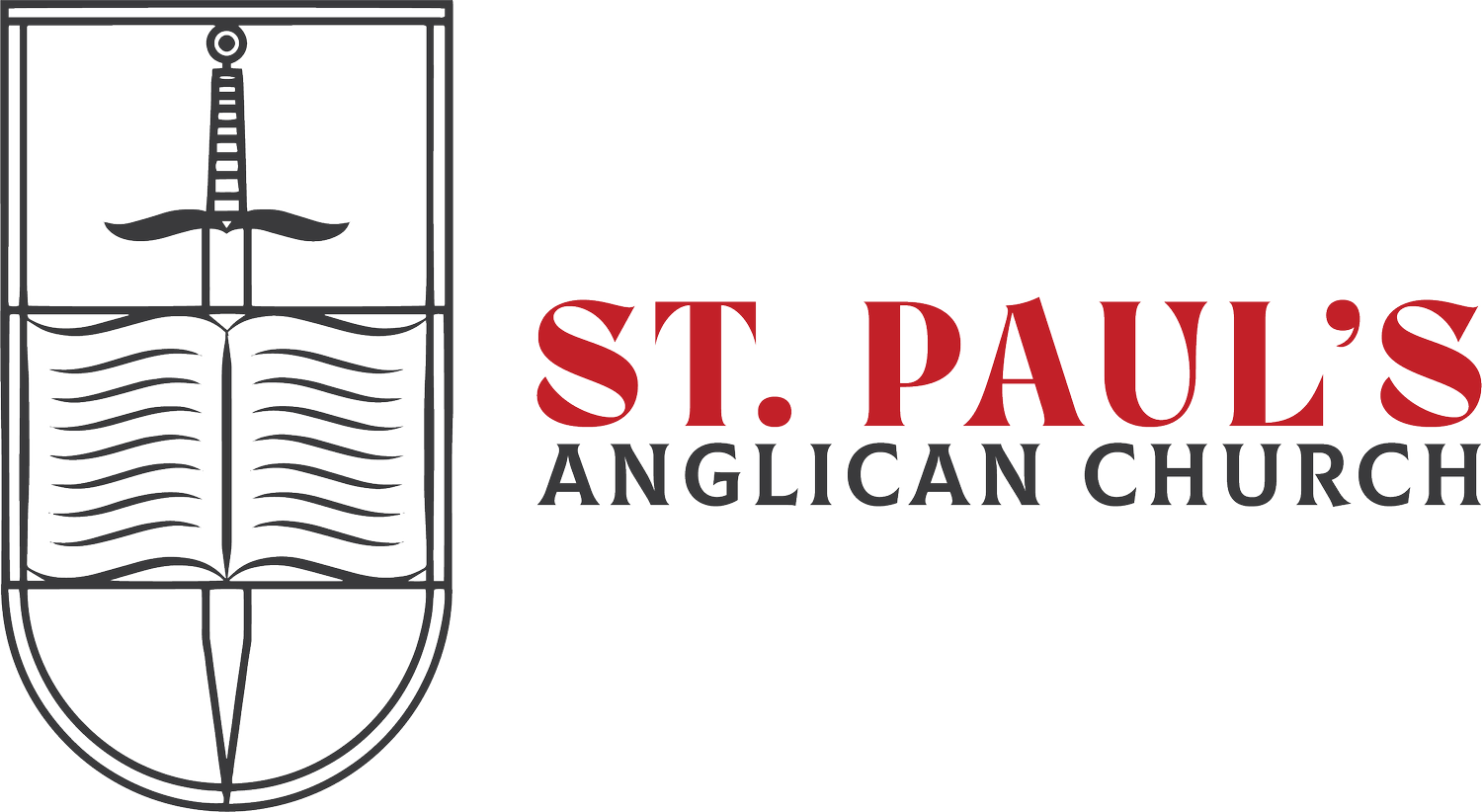Reflection: The Anglican Joint Synods 2023
In 2017, the Anglican Province of America, Anglican Church in America, and the Anglican Catholic Church signed an Intercommunion Concordat. This intercommunion agreement means that each of the participating churches recognize each other as valid, share clergy, and cooperate together towards the common end of “full, institutional, and organic union with each other, in a manner that respects tender consciences, builds consensus and harmony, and fulfills increasingly our Lord’s will that His Church be united” and “to seek unity with other Christians, including those who understand themselves to be Anglican, insofar as such unity is consistent with the essentials of Catholic faith, order, and moral teaching.” As a result of the Concordat, the three churches now gather together every three years for what is called a Joint Synod. At the Synod, we conducted the business of our own individual dioceses and provinces while also doing activities together—Morning and Evening Prayer, Mass, and various talks by bishops and clergy from across the Continuing Anglican Movement.
From a business perspective, synod went well with no major business conducted. We finalized the diocesan budget and heard many reports about parishes that are growing and flourishing. The Domestic Missions Board has done great work through the yearly Lenten Appeal to revitalize dormant parishes by bringing in new priests who can serve full time. The Board announced an additional focus on church planting to supplement this revitalization work moving forward. The diocese is growing and, with continued work, it will continue!
In his “State of the Church” Synod address, our Bishop, Chandler Holder Jones, cast a vision of what the APA can and should be. He emphasized that we are a missional church that needs to be about doing the work of spreading the Gospel. Assuming current trends continue, the Church in America will continue to lose people. No longer is it assumed that folks will attend a parish. In this inhospitable landscape, only healthy churches will survive. What does it mean to be a healthy church? Not programs, not political activism, not a country club aesthetic; a healthy church is one that is faithful to Scripture and Tradition and that makes disciples. Our current cultural moment, while apparently bleak, is an opportunity. The harvest is ripe!
In response to this challenge and opportunity, the Bishop laid out principles for action.
1) Our communion with our Lord and Savior Jesus Christ must be personal and real. Do we have a personal relationship with him?
2) Personal holiness is the greatest attractant for evangelization.
3) We need Bible-centered and Bible-saturated religion that understands Scripture as a way we encounter God.
4) We need Sacramental participation in all seven Sacraments—Baptism, Confirmation, Reconciliation, Unction, Holy Matrimony, Ordination, and Unction. These should be celebrated regularly and with all reverence and beauty.
5) Parishes must be active in Christian formation.
6) We have to be obedient to the Tradition of the Church and avoid private judgment, submitting ourselves to the Scriptures and the Primitive Church.
7) We need faithful discipleship that pushes us to deepening holiness that manifests itself in good works.
8) In addition to discipleship, we need to be evangelists. All Christians are called to preach Christ crucified.
9) We must maintain an unswerving commitment to the Anglican tradition as we have received it through the Affirmation of St. Louis.
These are wonderful exhortations from our shepherd and Bishop. The encouraging thing is that many of these points are already in practice at St. Paul’s. However, I would ask you to reflect on these points and pray that God would enable our parish to continue to be about our mission, and that wherever we are falling short, that God would give us the grace to grow!
